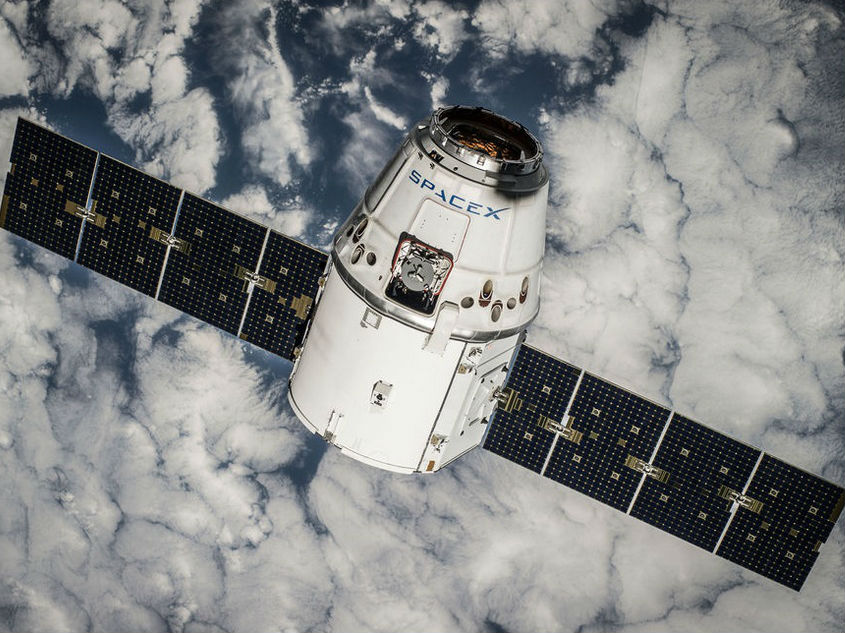Star Wars: Dish Battles SpaceX at FCC
Satellite TV firm says 12 GHz rulemaking changes the regulatory environment

The smarter way to stay on top of the multichannel video marketplace. Sign up below.
You are now subscribed
Your newsletter sign-up was successful
Dish has told the FCC that it can't let SpaceX use the 12 GHz band to fulfill Rural Digital Opportunity Fund broadband subsidy ambitions without resolving potential interference to Dish's satellite-TV operations, an issue that has yet to be resolved.
Dish filed a partial opposition to SpaceX's petition to qualify as an eligible telecommunications carrier (ETC) when it came to getting funding from the Rural Digital Opportunity Fund (RDOF), stating that SpaceX relies on unqualified access to the 12 GHz band that Dish also uses.
Also Read: Dish Says No Partner Needed for 5G Wireless Dance
The FCC has said that the 12 GHz band could potentially be used by ETCs seeking RDOF funds. But Dish said circumstances have changed since the FCC made that determination. First, there is a pending 12 GHz rulemaking, which means that spectrum is in a similar situation as the 5.9 GHz spectrum the FCC declined to allow for RDOF because there was a pending rulemaking.
Dish also said it provided the FCC with an analysis that shows SpaceX's system will exceed FCC power limits (interference protections) for millions of satellite-TV customers, an analysis -- and methodology and conclusion -- Dish said SpaceX has not refuted.
From the Archives: FCC Greenlights SpaceX Satellite Broadband Plan (2018)
Dish said it did not discover until recently that the SpaceX system, a low-earth-orbit satellite constellation called Starlink, would "blow past" FCC power limits.
The smarter way to stay on top of the multichannel video marketplace. Sign up below.
Dish pointed out that it has paid billions of dollars to buy other spectrum, which it is using to build a fourth facilities-based wireless carrier, which will also tap the 23 GHz band.
"And, while SpaceX bizarrely accuses Dish of “speculat[ing]” or trying to 'cash in' on spectrum," the company told the commission, "Dish has not sold one Commission license in its entire existence as a company."
"The commission should make clear that, in light of the pending rulemaking and the unresolved [direct broadcast satellite] DBS interference issues, SpaceX cannot rely on the 12 GHz band to fulfill its RDOF obligations," Dish said.
SpaceX said in reply to the FCC that Dish was trying to obstruct the ETC and RDOF processes and that broadband-needy consumers would suffer harm. "This facially spurious filing is only the latest example of DISH’s abuse of Commission resources in its misguided effort to expropriate the 12 GHz band," SpaceX said.
Contributing editor John Eggerton has been an editor and/or writer on media regulation, legislation and policy for over four decades, including covering the FCC, FTC, Congress, the major media trade associations, and the federal courts. In addition to Multichannel News and Broadcasting + Cable, his work has appeared in Radio World, TV Technology, TV Fax, This Week in Consumer Electronics, Variety and the Encyclopedia Britannica.

